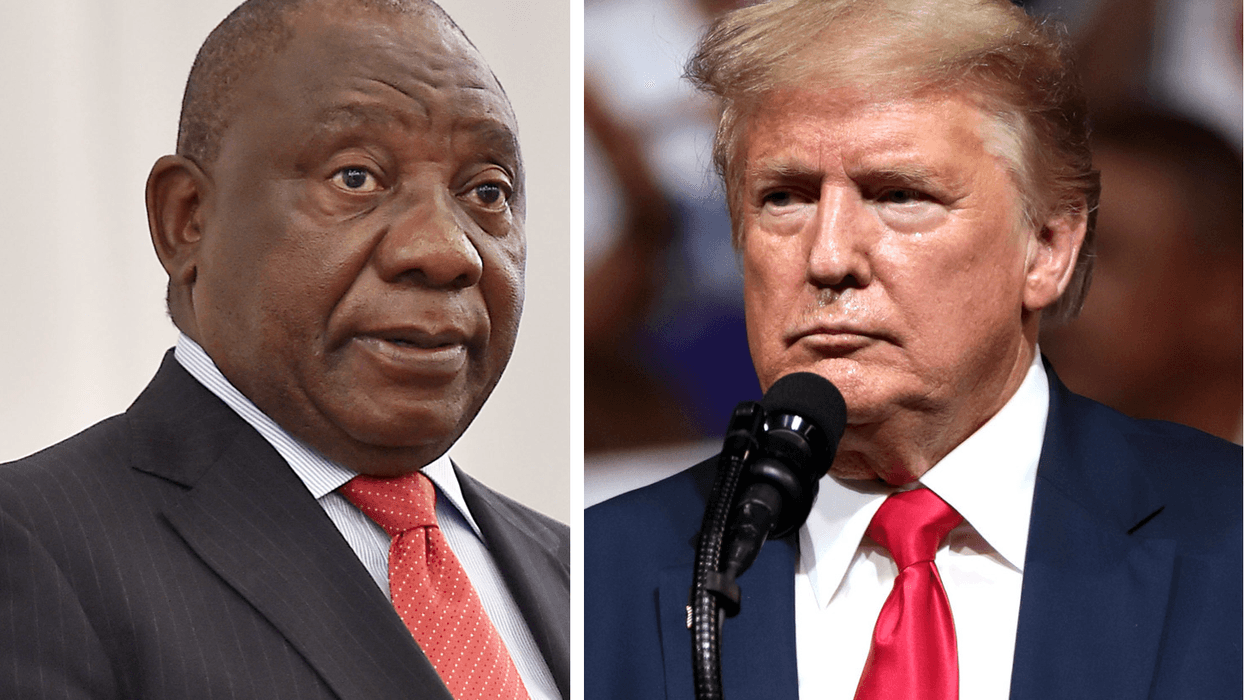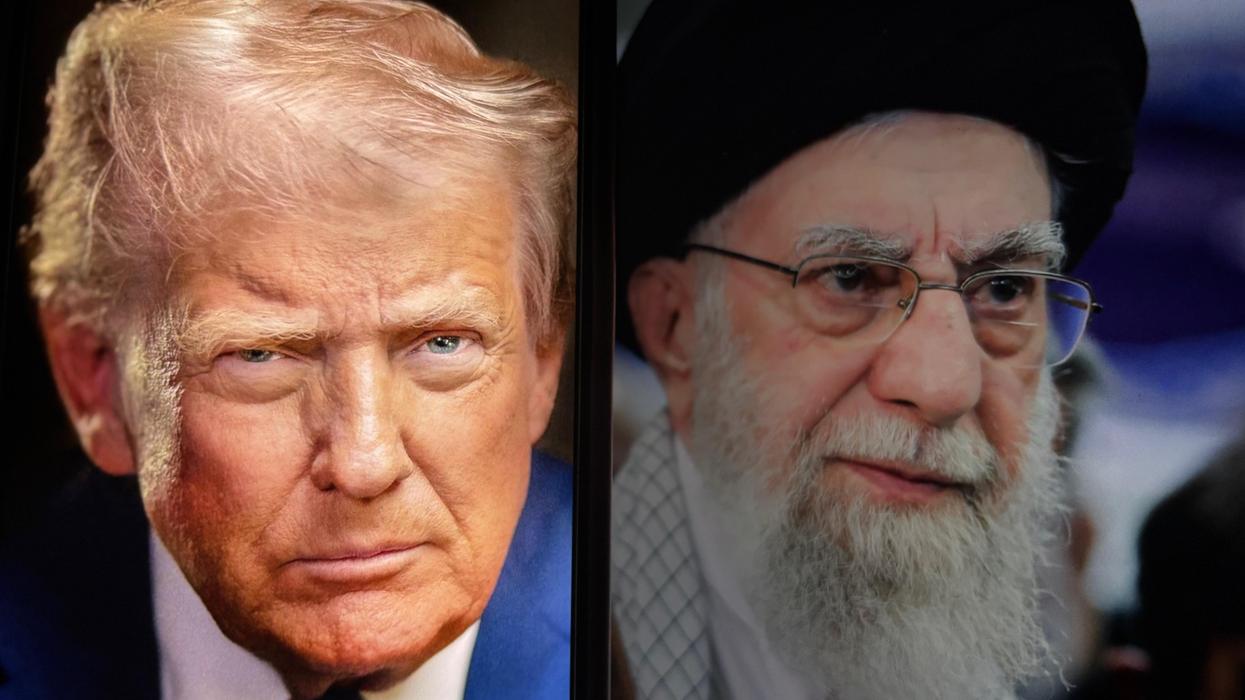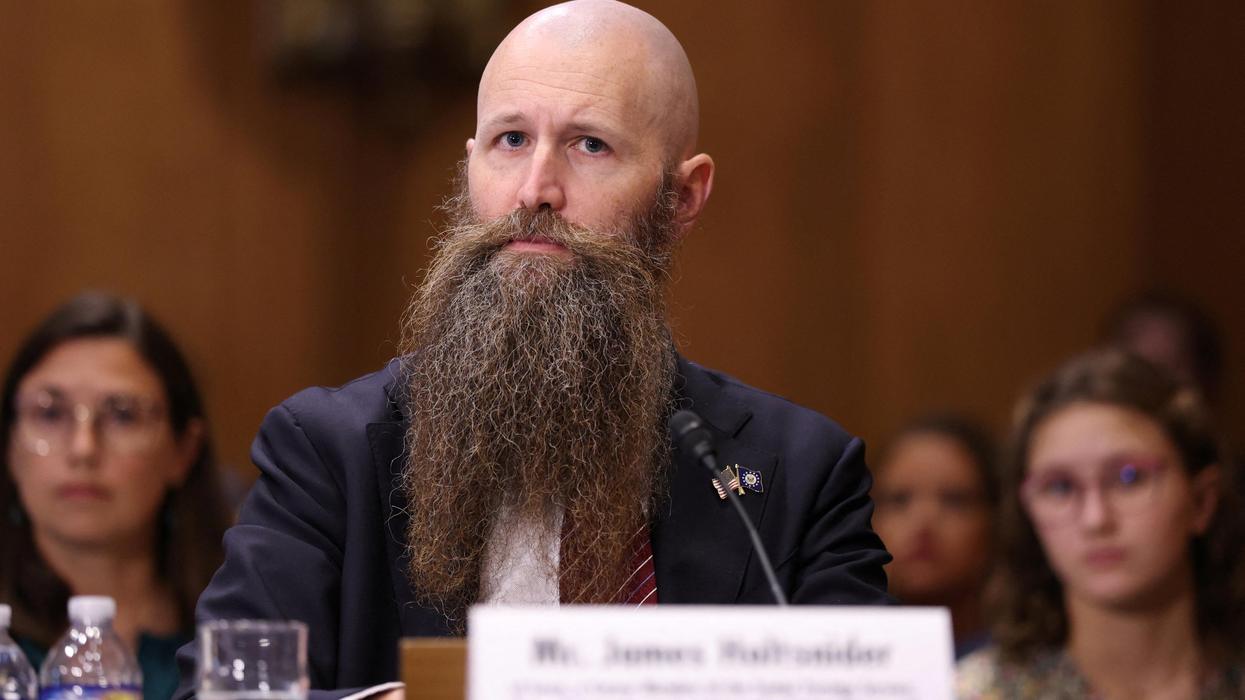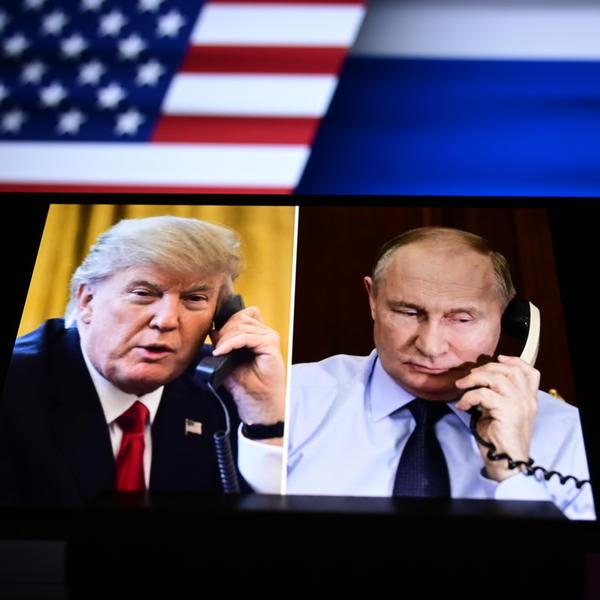President Trump's overt contempt for Africans is encapsulated in his famously crass remark about African countries. But the principal damage to Africa has stemmed from his administration’s broader policy choices, such as the disastrous rejection of the World Health Organization and the Paris climate accords; harsh curbs on legal immigration and asylum; and gutting of gender equality programs.
Most recently, Trump’s remarks supporting Egypt in its dispute with Ethiopia over the construction of a dam on the Nile River have inflamed tensions in a volatile region. And now his administration's failure to call for de-escalation and dialogue in the conflict in Ethiopia's Tigray region is likely to have disastrous consequences in fueling expanded war.
Nevertheless, the Biden administration should not merely go back to the pre-Trump status quo. As noted by John Campbell at the Council on Foreign Relations, the Trump administration has made fewer changes to Africa policy than expected. Campbell calls for a “reset.” We argue that an even more fundamental questioning of U.S. Africa-related policy is needed.
The record of both Republican and Democratic administrations, over more than six decades, has been mixed, ranging from destructive interventions to neglect to — far less often — productive collaboration with Africans on common goals. If the Biden mantra of “Build Back Better” is to be applied to Africa, we need to think about new frameworks to guide policy rather than retreading the shibboleths of the past.
The new administration should abandon the temptation to offer lessons to Africa. Instead, the United States should strive to understand African realities and address problems in a spirit of collaboration and mutual learning. This requires rebuilding the capacity for diplomacy and also taking account of how other U.S. government agencies and institutions outside the foreign policy arena directly affect Africa's future.
The following guidelines are essential for not repeating the many mistakes of the past.
First, do no harm
Avoid counterproductive military engagements, a point made by earlier commentators in Responsible Statecraft. Whether in the Sahel, Nigeria, or Somalia, counterinsurgency efforts and government repression have fueled rather than quelled Islamic insurgencies. Analysts are virtually unanimous that foreign intervention to counter the growing insurgency in Mozambique's Cabo Delgado province would be a disaster.
There are no easy answers to such conflicts. But the U.S. priority must be to support multilateral initiatives in conflict resolution and peacekeeping, as well as humanitarian relief. Rather than assuming that Washington knows best, the incoming administration should heed advice from knowledgeable sources, such as the recent letter from over 80 African studies scholars responding to police brutality in Nigeria.
Do not subordinate Africa policy to a new cold war with China. For decades, U.S. Africa policy was harnessed to the Cold War with the Soviet Union. This led to disastrous interventions in the Congo and to the de facto alliance with apartheid South Africa. The competition with China in Africa is economic rather than military, but a blinkered vision ignoring Africa's own interests is self-defeating. It also misses the opportunities for cooperation as well as competition with China.
U.S. policymakers should recognize that, despite the wide disparities in size and power, African countries, like the United States, must find their way in a multipolar world. This requires managing opportunities for cooperation, as well as threats, from a wide range of external powers, and is incompatible with simplistic binary choices.
Do not impose the false gospels of austerity and privatization on African countries. In developed and developing countries alike, market fundamentalism — denying the essential role of government in promoting development — has failed to deliver. The International Monetary Fund and the World Bank have begun to admit this failure, but old guidelines are still applied to countries too weak to determine their own policies.
U.S. policymakers should instead learn from African thinkers such as Thandika Mkandawire and the economists at the Addis Ababa–based U.N. Economic Commission for Africa. They share the growing global consensus that state investment in public goods and strategic state leadership in development strategy are prerequisites for sustainable and equitable development. This thinking is reflected in a new co-authored book, “African Economic Development: Evidence, Theory, Policy.”
Then, think globally and work collaboratively
The United States and African countries face many of the same global issues, and these must be addressed at multiple levels. Coordination is complex and always imperfect. But collaboration is essential, both with African countries and, to the extent possible, with multilateral agencies and other external actors.
The U.S. contribution can be significant in three areas:
Global health: Despite lack of resources, African countries have done better than the United States and many European countries in coping with the Covid-19 pandemic. While they have not matched the success of the Asia Pacific region, they have benefited from early action and from proactive coordination by the WHO regional office and the Africa Centres for Disease Control.
The United States, which lags the world in recognition of a universal right to health, needs to put its own house in order. But it also bears responsibility for paying its fair share in supporting public health in African and other developing countries. As Covid-19 makes clear, that is the prudent as well as moral thing to do.
Climate change: Africa is the continent most vulnerable to global climate change, though it has contributed the least to causing it. Many African countries depend on fossil fuel exports. Much of the rural population relies on charcoal for cooking, contributing to the loss of tree cover. Fiscal resources for both mitigation and adaptation fall far short of the need.
The U.S. return to the Paris climate agreement will be only a first step. Renewable energy is expanding rapidly in Africa and there is enormous potential for additional expansion, drawing private and public investment from the countries most responsible for the problem. There is room for both the United States and China if they are willing to work with African partners.
Tax justice: Tax evasion, tax avoidance, and illicit financial flows have eroded the fiscal capacity of African governments. African civil society as well as governments have called for international action. But success depends on action in the United States and other major financial centers, where global banks, accounting firms, and legal firms help secretive corporations and individuals hide financial assets.
Giant multinational corporations also avoid taxation by shifting assets to jurisdictions with lower tax rates. Internet giants Google, Facebook, and Microsoft, for example, avoided as much as $2.8 billion in taxes in 20 developing countries.
In the United States, legislative action is key to greater transparency, as advocated by the Financial Transparency and Corporate Accountability Coalition. But strong executive actions also have a role to play. Stemming illicit financial flows could have more impact on African countries’ fiscal capacity to meet their own needs than either aid or trade.
It is likely that the Biden administration’s Africa policy will largely reflect continuity with previous administrations. But Africa and the United States share common interests that are increasingly visible, and this gives some hope that, with creative diplomacy, greater humility, and attention to African concerns, policymakers can move closer to mutually beneficial engagement.
The bottom line is that U.S. Africa policy will be most productive if U.S. policymakers are willing to learn and collaborate rather than to preach or dictate.
















